Since the announcement that former Democratic presidential candidate and Vermont Senator Bernie Sanders would speak on campus, the Hopkins community eagerly anticipated his arrival. Students began lining up in front of Shriver Hall on Thursday at 1 p.m., six hours before Sanders’ talk.
Because of overwhelming interest, the Milton S. Eisenhower Symposium (MSE) and the Foreign Affairs Symposium (FAS), who co-sponsored the event, arranged for three additional overflow rooms to live stream the talk. In total, an estimated 2,000 people attended the event.
Following a lengthy standing ovation, Sanders spent the first segment of the event reading selected portions of his new book, Our Revolution, which attendees received for free copies.
Sanders then moved into a speech where he pointed out what his campaign fought against, including income inequality, conservative immigration policies, mass incarceration, inaction on climate change and poverty. The event ended with a question and answer session moderated by University President Ronald J. Daniels.
Throughout his talk, Sanders reminded students that in the face of today’s partisan political climate, the majority of Americans still fundamentally agree.
“On basic economic issues we are not a divided nation,” Sanders said. “We are a fairly progressive nation where the people understand that the rich are getting richer while the middle class is shrinking and too many people are living in poverty.”
Sanders encouraged students to take immediate action and continue to fight for social change.
“Do you want change? No one’s going to give it to you,” he said. “That’s what Frederick Douglas said. You want change? You gotta fight for change.”
He also advised students to resist the urge to demonize all Trump supporters.
“Donald Trump in my view, is president not because all of his supporters are racists or terrible people,” he said. “Most of them are people who are in pain and who are hurting. Trump gave a whole lot of promises, which I doubt that he will keep, but they were promises and people responded to that.”
At the same time, Sanders accused the Republican party of disenfranchising minorities.
“The whole struggle for American democracy has been an expansion of voting rights. Right now, we are in a moment in history where Republican governors all over this country are working overtime trying to suppress the vote,” he said. “What they are doing is making it harder for poor people, people of color, old people and young people to register and participate.”
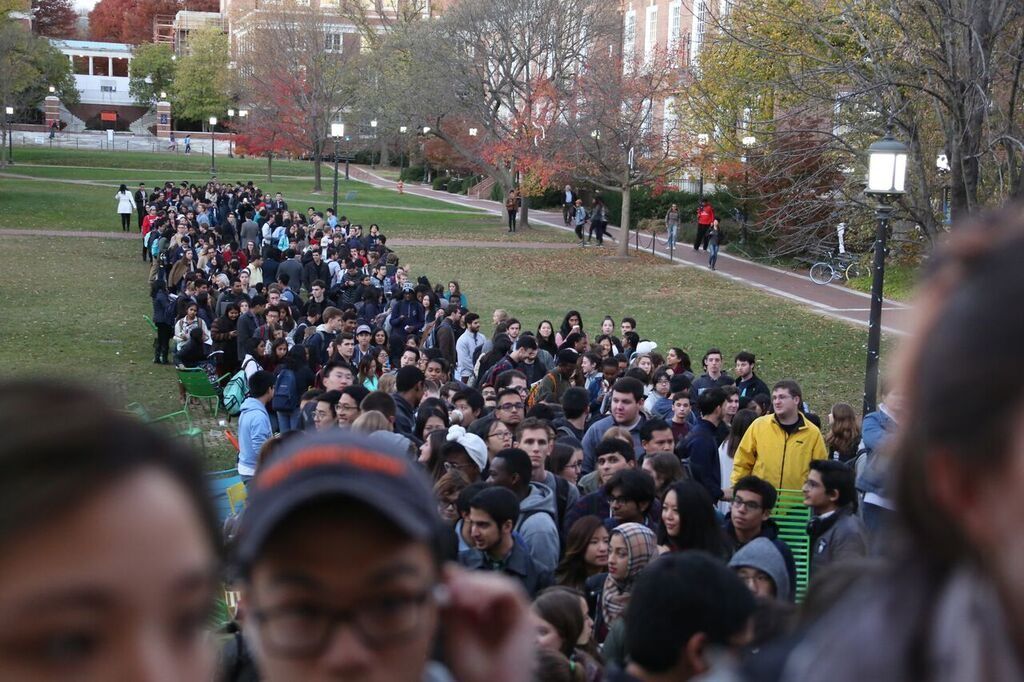
Sanders criticized the media’s focus on the presidential candidates’ personal lives as opposed to the challenges he sees facing the nation.
“What saddens me very much is that in this campaign, well over 90 percent of media coverage ignored the issues and was devoted to political gossip, to polls, or to the personalities or the problems of the candidates,” he said. “So you heard a thousand times more about Mr. Trump’s sexual life or Mrs. Clinton’s emails than you heard about climate change, than you heard about the economy, than you heard about poverty, than you heard about racism.”
Sanders lambasted the electoral college system.
“Significantly more people voted for [Hillary Clinton] than Donald Trump. But Donald Trump is going to be the president,” he said. “We’ve got 50 states in the country, and you have all of the money, time and energy [going] into maybe 15 or 16 states. Two thirds of the state were ignored. Does that make sense? I think not.”
Sanders made sure to distinguish himself, a progressive, from liberals like Hillary Clinton.
“I am not a liberal; I am a progressive.” Sanders said. “The difference is that a progressive also champions and fights for women’s rights and gay rights, but also understands that we need to take on the ruling class and the moneyed interest. Many liberals do not do that.”
When asked about a potential run in the 2020 presidential election, Sanders directed focus towards the country’s current political state.
“We have enormous issues facing us tomorrow and in the next coming years,” he said. “What we should be discussing is how we address the crises that we face today.”
Students had mixed reactions to Sanders’ talk, with some feeling that he could have answered questions more directly.
“He avoided the question about having no influence on the [polarization of the] election, when in fact he did have an impact on the election. It was huge,” freshman Samuel Olabaji said.
Senior Johan Louw thought Sanders could have devoted less time to reading from his book and wished he focused more on his thoughts on the result of the election.
“I really wanted to hear his reaction to the election and barring a couple mentions of president-elect Trump, he didn’t really talk about the election in much detail,” he said. “It was interesting to get his insight into certain sections of the book... but I have the book, so I was really expecting this to be more of a conversation about politics.”
Senior Teddy Kupfer, MSE programming chair, responded to criticism that Sanders’ talk focused too much on his book.
“We knew it was part of a book tour,” he said. “He read from his book, but ultimately he wrote those words, so it’s not much different from him reading prepared remarks.”
Many students, including sophomore Tina Nguyen, were grateful for Sanders’ appearance during a time of political uncertainty.
“It’s something that I really needed given the election and the political atmosphere lately,” she said. “These past few weeks have been filled with a lot of anger and disappointment for me, but now I feel a bit more hopeful about things,.”
Senior Corey Payne criticized the way Daniels presented himself throughout the event. He specifically pointed to a joke Daniels made about students protesting him and the University’s lack of a response to Refuel Our Future’s divestment rally earlier that day. He found these actions contrary to what Sanders stood for.
“I thought it was interesting that Bernie brought up some of these issues that the administration has historically pushed back against,” Payne said. “Bernie said we needed to come together as young people and push back against these institutions of power, when right at the beginning of the event [Daniels] made fun of people for protesting him.”
In his introductory remarks, Daniels had jokingly reminded students of the fact that he had played a role in bringing Sanders to Hopkins.
“Remember this the next time you’re protesting me,” Daniels said.
Students who had to resort to going to overflow rooms, such as freshman Emily Luo, felt that even though they could not see Sanders in person, watching the talk live was still a moving experience.
“There’s a sense of camaraderie when you’re going to watch it with a bunch of people from your school whom you don’t know, but you all applaud together in support,” Luo said. “It’s encouraging because this many people want to see change.”
Other students at the overflow rooms, like sophomore Lorna Henson, disagreed.
“I feel like this is the best they can do given the number of people that wanted to come,” Henson said. “However, I feel like an outside venue may have been better, only because there are a lot of people that wanted to see him in person. Now we have to settle for TV. Even though we know he’s on campus, it’s very distanced. You see him on TV everyday.”
Mollie Cueva-Dabkoski, an Executive Director of FAS expressed how she hoped that students would leave the event with a new opinion.
“One of the things that both of our organizations aim to do is bring speakers who can diversify the dialogue on campus,” she said. “Our aim is to constantly challenge the notions that [you] hold when you walk in through those doors in Shriver and have our guests leave with a little shift in their perspective.”
Senior Anna Carter felt that there was a shift in perspective and the talk motivated students to engage with political and social activism.
“Everyone’s not going to be ditching classes, but it’s going to be the kind of thing where students become more motivated, they get out and they actually do something,” she said.

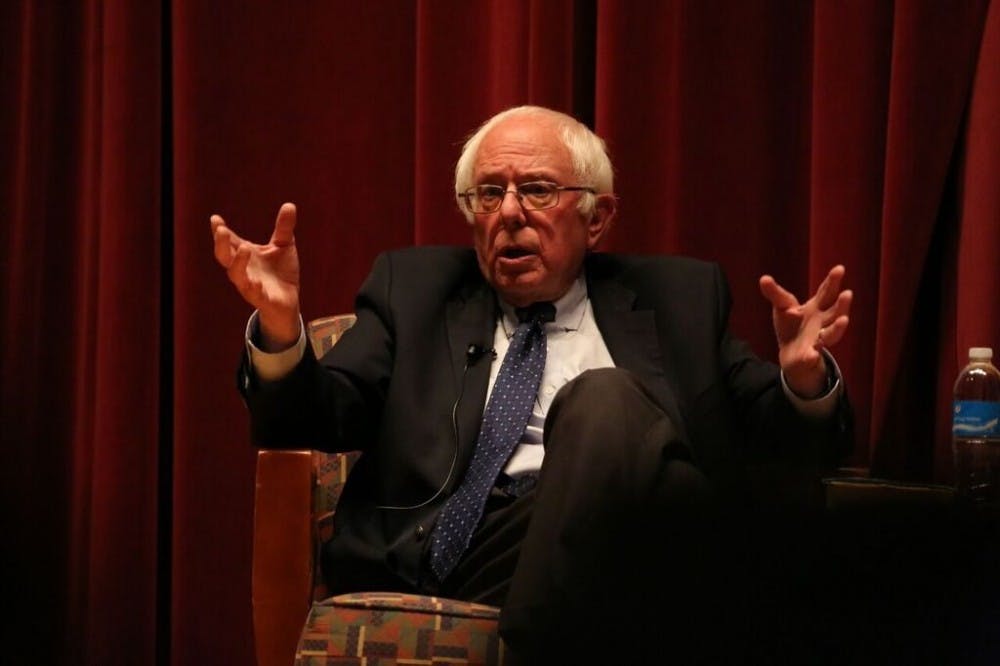
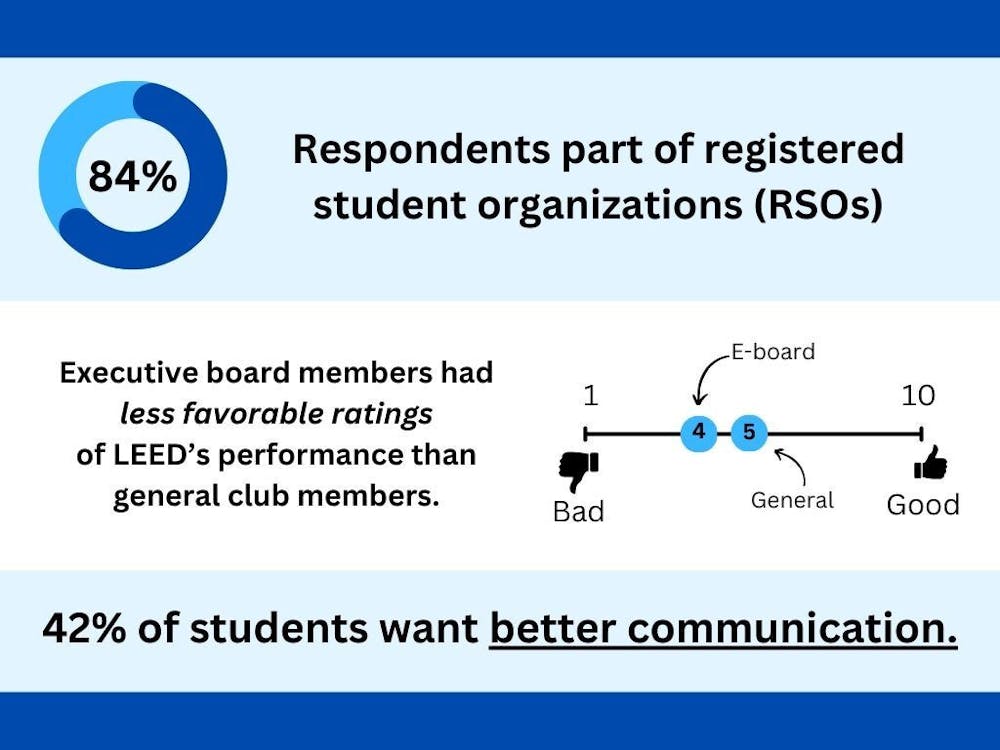
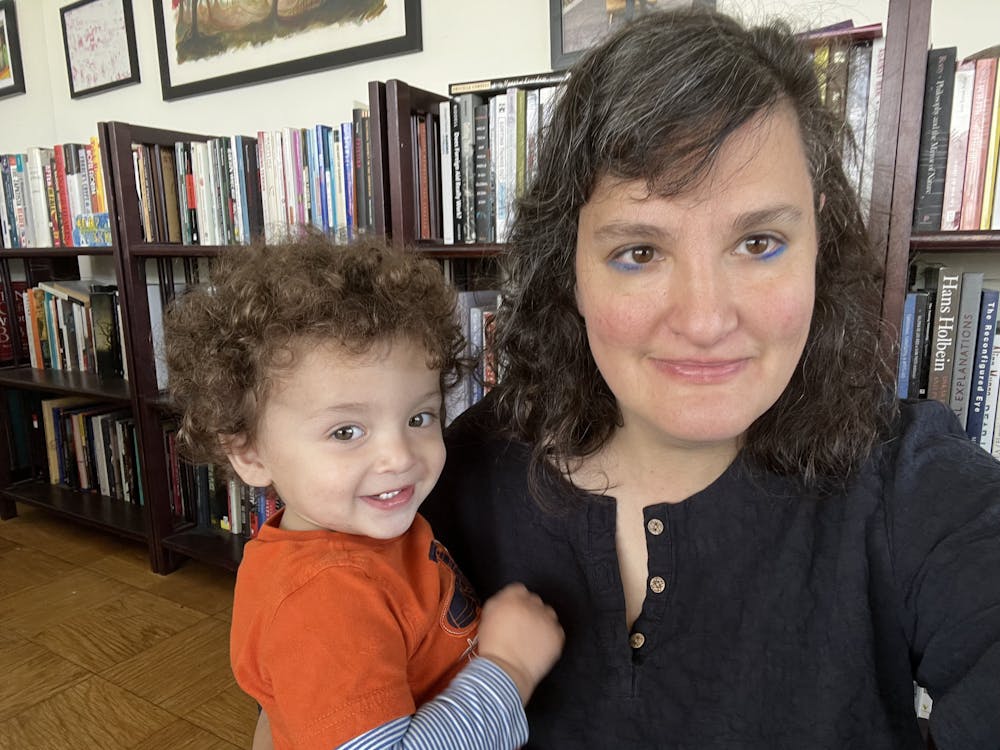
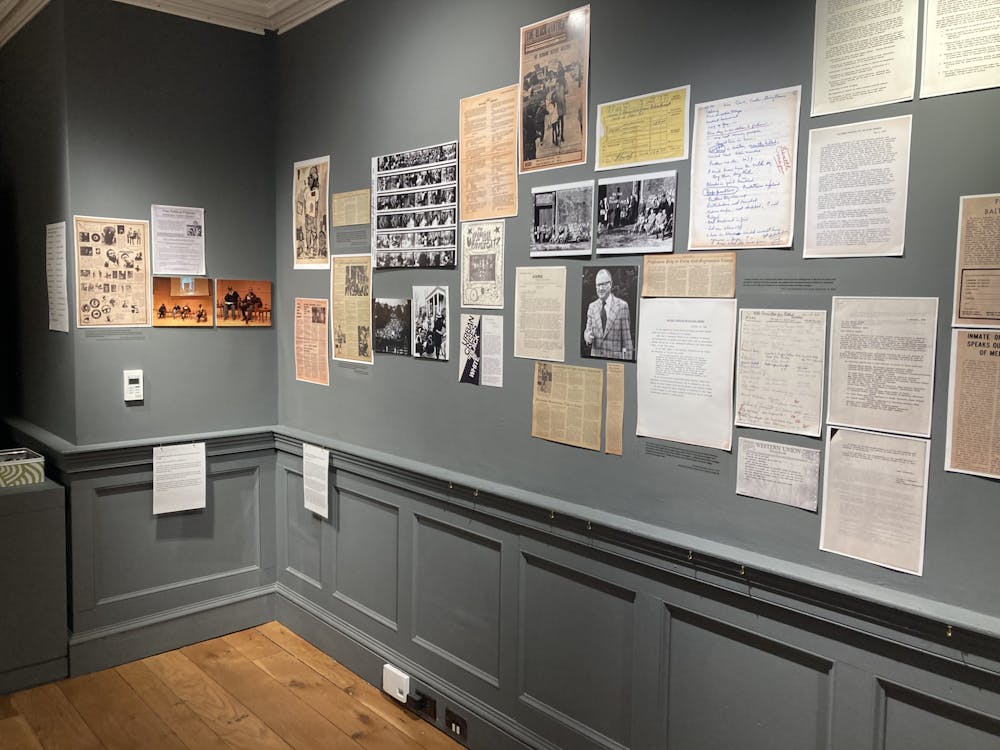











Please note All comments are eligible for publication in The News-Letter.